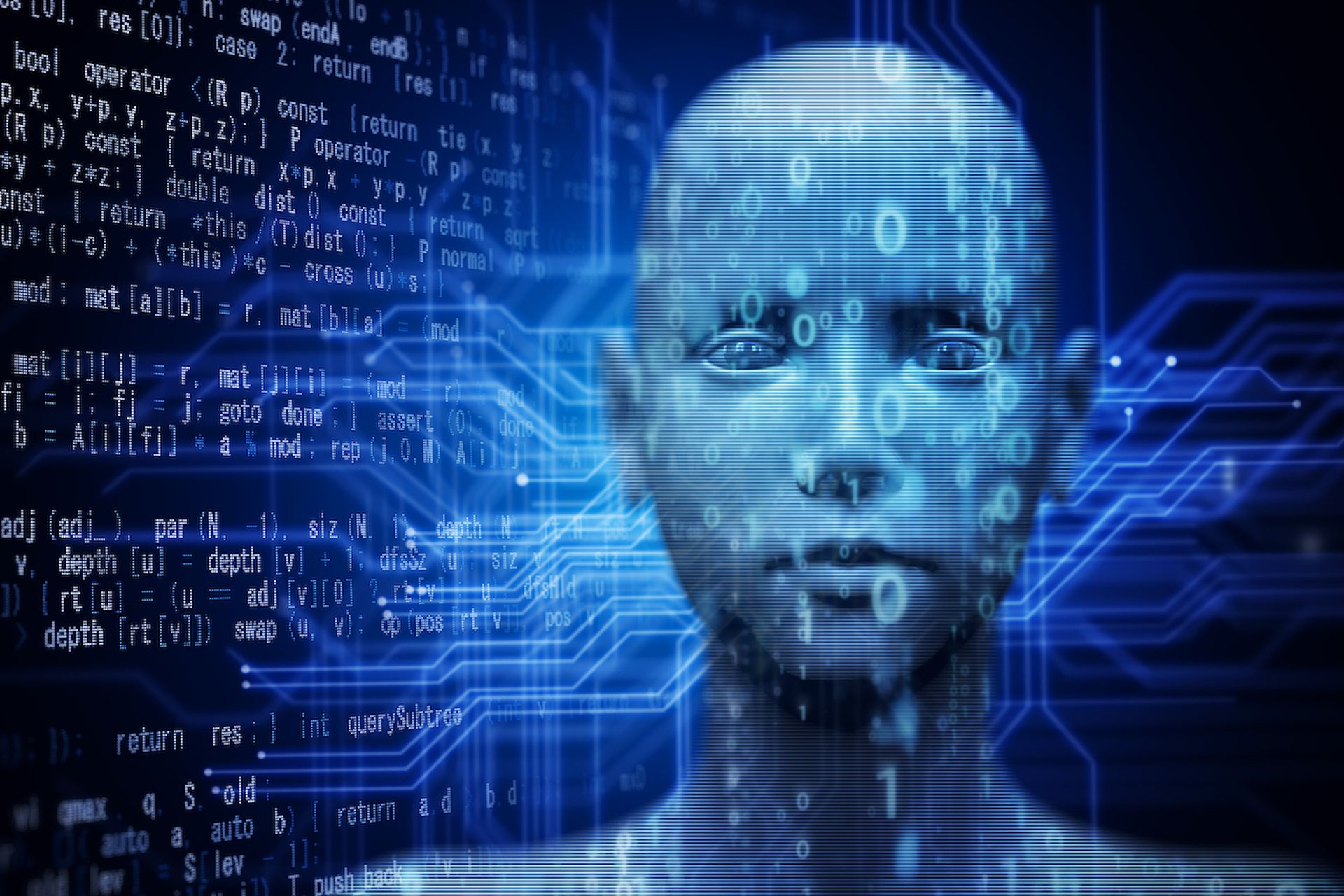As the cybersecurity community prepares for RSAC 2025, one topic looms large: alert fatigue. With Security Operations Centers drowning in noise and professionals facing relentless cognitive pressure, burnout has become more than a workplace issue -- it’s a security risk.The issue will be explored at length during an upcoming RSAC-week event featuring solutions from Cybermindz, sponsored by CyberSN and Devo.In the lead-up to Cybermindz’s alert fatigue discussion, Dr. Dustin Sachs, Chief Technologist and Senior Director of Programs for CyberRisk Collaborative, shares his experience with the phenomenon, explaining how alert fatigue erodes decision-making, how the resulting ego depletion compromises judgment, and why AI -- if applied with intention -- can reduce mental strain and strengthen SOC performance.Q: Why is alert fatigue such a critical issue for SOC analysts?
Sachs: The sheer volume of these notifications can lead to burnout, slower response times, and, in some cases, critical alerts being overlooked. This is a major issue in cybersecurity because it increases the risk of missing genuine threats that could lead to breaches.
Q: What impact does decision fatigue have on cybersecurity professionals?
Sachs: Decision fatigue is a major concern for cybersecurity teams. When analysts must make too many decisions in a short period, their ability to make sound judgments diminishes. This is where AI can be a game-changer—by handling the repetitive, data-heavy tasks, AI allows analysts to focus on high-level analysis and investigations. Instead of trying to manually determine which of the 500 alerts to prioritize, analysts can rely on AI-powered insights that say, “Here’s the one you really need to investigate.” This dramatically reduces mental exhaustion and improves overall efficiency.
Q: You mentioned ego depletion theory—how does that connect to alert fatigue?
Sachs: Ego depletion theory is the idea that our willpower and self-control are finite resources that can become depleted over time. When people are mentally exhausted, their ability to make rational decisions is significantly impaired. In high-stress environments like cybersecurity, analysts often work long hours under intense pressure, leading to cognitive overload.
This exhaustion can have serious consequences, including poor decision-making, mistakes in incident response, and even increased susceptibility to social engineering attacks. It’s also a contributing factor to burnout and job dissatisfaction. In extreme cases, we see this kind of mental exhaustion playing a role in personal struggles, such as increased substance abuse or mental health challenges, as professionals struggle to cope with the constant pressure.
Q: How can organizations counteract alert fatigue and ego depletion in security teams?
Sachs: One of the biggest steps organizations can take is implementing AI-driven decision support systems. By automating repetitive tasks and prioritizing critical alerts, AI can help reduce the decision-making burden on analysts.
Another key factor is encouraging better decision hygiene—teaching professionals how to make structured, process-driven decisions rather than relying on instinct or gut reactions.
Organizations should also promote mental well-being by allowing for structured breaks, enforcing reasonable work hours, and fostering a culture where analysts are not expected to be on high alert 24/7. When people are given the time and space to recover, they can maintain better cognitive function and make more effective decisions.
Q: You talked about focusing on the decision-making process rather than just the outcome. Can you elaborate?
Sachs: A lot of people fixate on whether they made the “right” decision after the fact, but that’s the wrong way to look at it. The key is to focus on whether the decision-making process was sound. If you have a structured approach—one that considers all relevant data, weighs risks, and follows best practices—then you can trust that your decision was well-founded, regardless of the outcome.
In cybersecurity, this is crucial. Analysts need to be confident in their methodologies rather than second-guessing every choice. If an organization fosters an environment where structured decision-making is the norm, professionals will be less likely to experience unnecessary stress over whether they “got it right” every time.
Q: How can AI help alleviate alert fatigue?
Sachs: AI can play a crucial role in reducing the cognitive burden on SOC analysts. By leveraging machine learning, AI tools can analyze vast amounts of data, detect patterns, and prioritize the most significant threats. Instead of manually reviewing every alert, analysts can focus their attention on the critical ones flagged by AI. This not only makes their work more efficient but also more engaging. AI essentially acts as a filter, reducing noise and helping analysts concentrate on investigations rather than spending time sorting through hundreds of alerts that don’t require immediate attention.
Q: What’s the key takeaway for cybersecurity professionals from this discussion?
Sachs: AI is not here to replace cybersecurity professionals—it’s here to assist them. Alert fatigue and decision fatigue are real challenges that can lead to mistakes and burnout, but with the right tools and processes, these issues can be mitigated. AI, when used properly, acts as a force multiplier, allowing security teams to focus on high-impact tasks rather than being overwhelmed by routine alerts.
At the same time, organizations need to be mindful of the mental toll that cybersecurity work can take on professionals. Understanding cognitive load, decision fatigue, and ego depletion can help teams create healthier work environments where analysts can perform at their best without suffering from exhaustion.
Q: Any final thoughts?
Sachs: At the end of the day, the goal is to create a more sustainable approach to cybersecurity. We need to shift the conversation from “Did I make the right decision?” to “Did I use the right process to make that decision?”
When we trust the process, prioritize mental well-being, and leverage AI (and programs offered by the likes of Cybermindz) to reduce cognitive load, we can build a stronger and more resilient security workforce.





